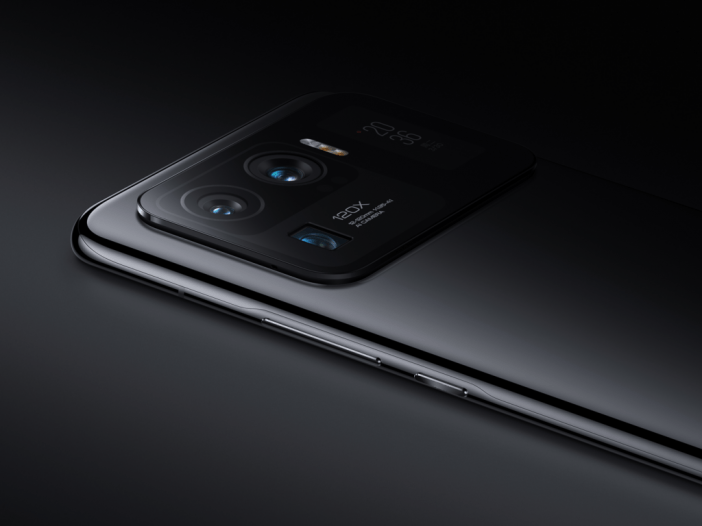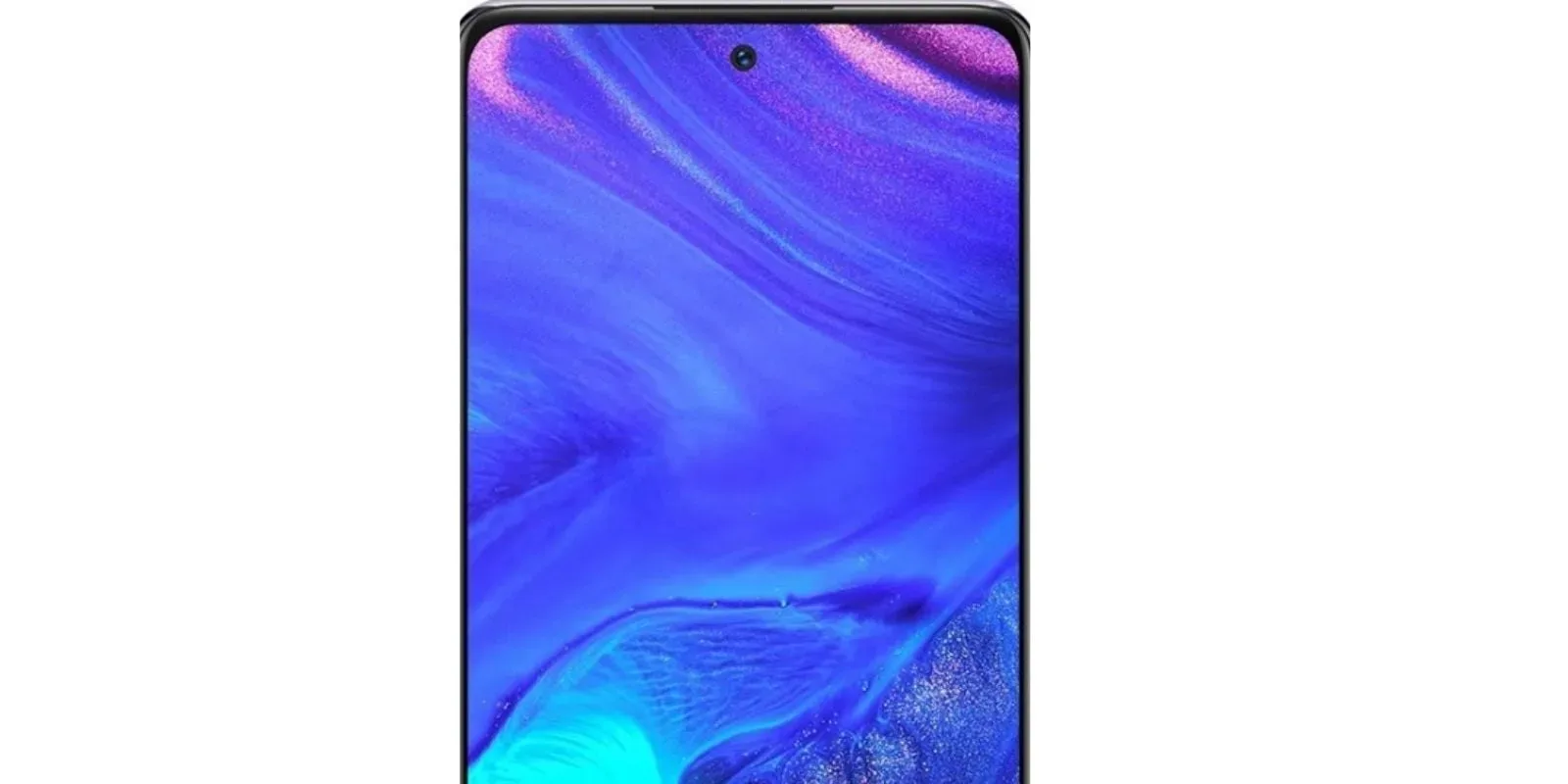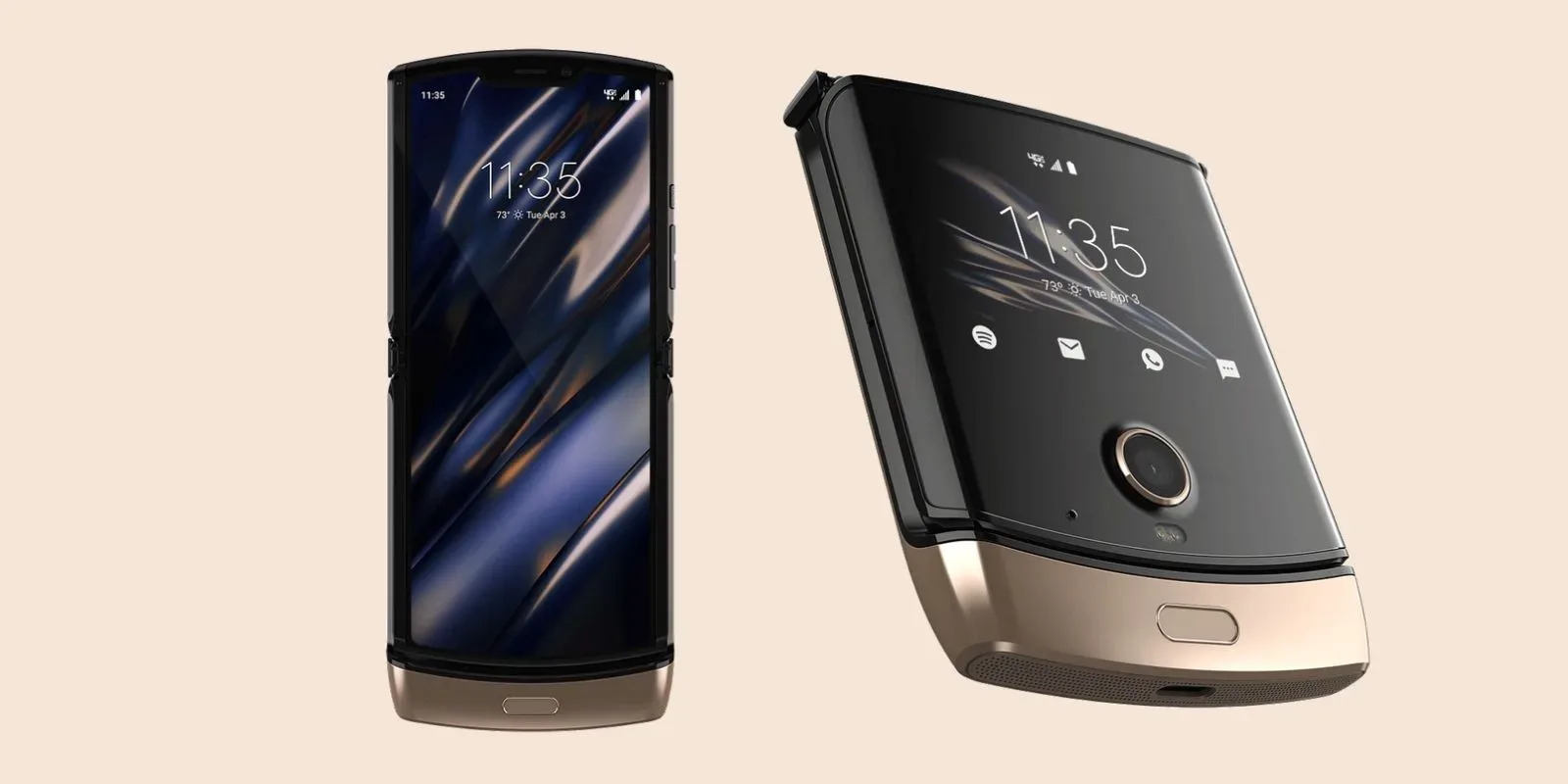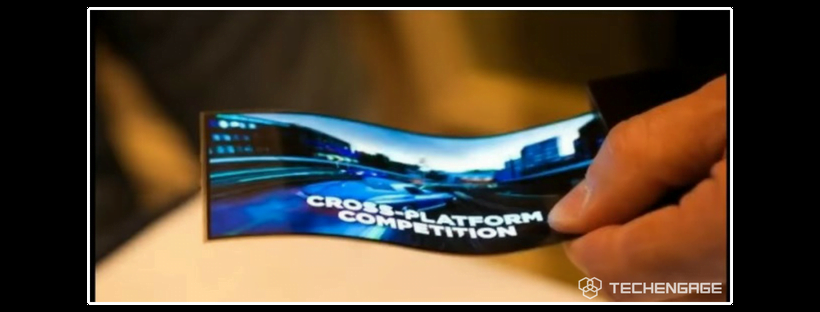The Mi 11 Ultra has been launched internationally, Xiaomi’s most extreme flagship phone that company aims to revolutionize smartphone photography and videography.
In a blog post, Xiaomi dubbed its smartphone technology as a premier device for filmmakers.
“Let your inner filmmaker out with an outstanding pro-grade triple camera array”
It debuts the first Samsung GN2 large camera sensor in a smartphone, a technological leap in smartphone imaging. With a triple rear camera array that basically only consists of “main” cameras, the device further impresses with its place at the pinnacle of the DXOMARK ranking, making the Mi 11 Ultra one of the best smartphones for photography. Mi 11 Ultra offers a flagship experience to the extreme with its WQHD+ 120Hz Quad-curved DotDisplay, fast-charging wired and wireless 67W charging support, and IP68 rating.
With this 1/1.12′′ sized sensor, made in partnership between Chinese electronics manufacturer Xiaomi and Korean electronics giant Samsung, from which excellent 4-in-1 2.8μm Super Pixels can be produced. The Xiaomi Night Photography features Xiaomi’s own enhanced night photography algorithm that enables the device to capture bright, clear, detailed images with as little as 0.02 lux of light. The Mi 11 Ultra is also the first Xiaomi smartphone to feature a 64-zone depth map that allows the smartphone to focus faster and more accurately than ever before with its multi-point direct Time-of-Flight laser focus mechanism.

The Mi 11 Ultra is equipped with a Qualcomm Snapdragon 888 mobile platform that runs at lightning-fast speeds and a storage combination of LPDDR5 and UFS 3.1. A high-capacity heat dissipation system is also included in the flagship specs in order to enhance mobile platform performance. The Mi 11 Ultra adapted Xiaomi’s new three-phase cooling technology by swapping out a thermal gel cover for macromolecular phase change material on the processor. It has improved thermal conductivity by 100% and boasts higher efficiency with better wrap-around properties. There is a Marble Ceramic special edition to be released along with the Black and White color options. In Europe, the 12/256GB model will be available soon for €1,200/$1,408.
Mi 11 Ultra key specs:
| Display: | 3200 x 1440 resolution, 515 ppi WQHD+ 6.81” AMOLED Quad-curved DotDisplay |
| Dimensions: | 164.3mm x 74.6mm x 8.38mm, 234g |
| Rear Camera: | 50MP wide-angle camera, 48MP Sony IMX586 ultra-wide-angle camera, 48MP Sony IMX586 telephoto camera |
| Front Camera: | 20MP in-display selfie camera f/2.2, 0.8μm pixel size, 1.6μm 4-in-1 Super Pixel |
| OS: | MIUI 12 based on Android 11 |
| Performance: | Qualcomm Snapdragon 888, 6th Gen AI Engine, Three-phase cooling technology |
| Connectivity: | Dual SIM, Dual 5G standby, USB Type-C, Bluetooth 5.2 |
| Storage: | 12GB RAM+256GB Internal Storage |
| Battery: | 5,000mAh battery, 67W in-box charger |
| Colors: | Ceramic White, Ceramic Black |
In December 2020, Qualcomm announced its latest flagship Qualcomm Snapdragon 888 5G processor on the first day of Snapdragon Tech Summit Digital 2020. The Snapdragon 888, with the 3rd generation Qualcomm Snapdragon X60 5G Modem-RF System, allows global compatibility by offering mm-Wave and sub-6 across all major bands worldwide. It provides support for 5G carrier aggregation, global multi-SIM, stand-alone, non-standalone, and Dynamic Spectrum Sharing. The new 6th generation Qualcomm AI Engine, with the entirely revamped Qualcomm Hexagon processor, with the power efficiency of 26 Tera Operations Per Second (TOPS), makes a significant leap forward in AI when it comes to its comparison with the previous generation.
Xiaomi wasted no time, and just after the announcement of Qualcomm’s flagship Snapdragon 888 processor, the China-based company confirmed that its new phone Mi 11, will feature the same processor. In the same virtual event of Qualcomm Snapdragon Tech Summit 2020, Xiaomi also officially announced its upcoming Mi 11 series.
Xiaomi, in the past, also was in the news when the company, eventually after the launch of the Snapdragon 865 chip, confirmed that its new Mi 10 series would be among the first phones to feature the latest processor of 2019.





Share Your Thoughts